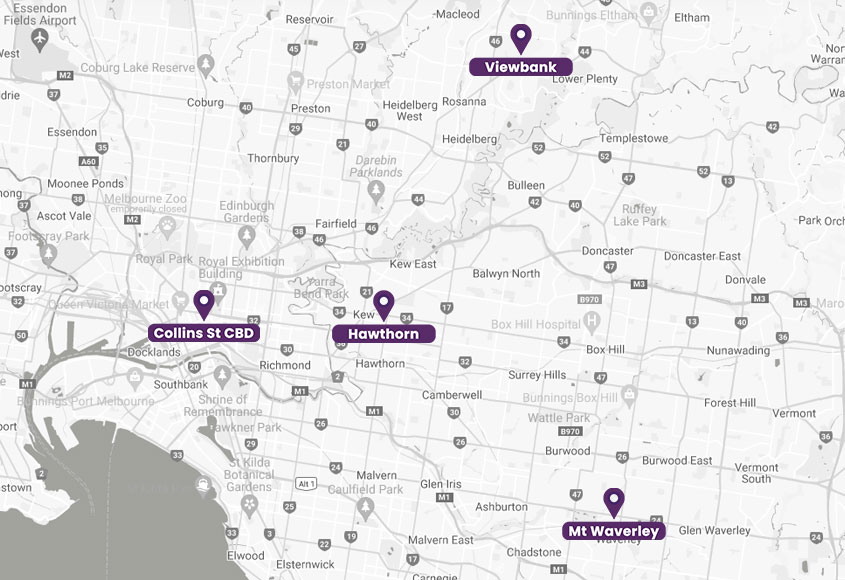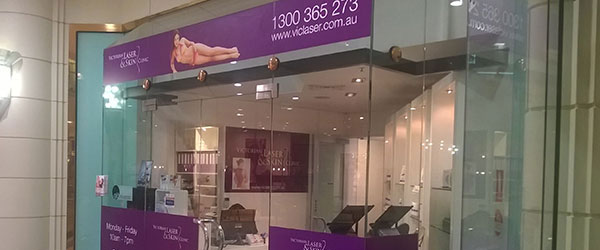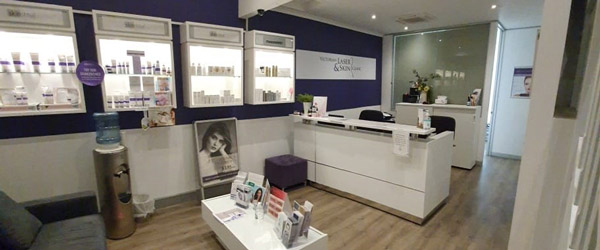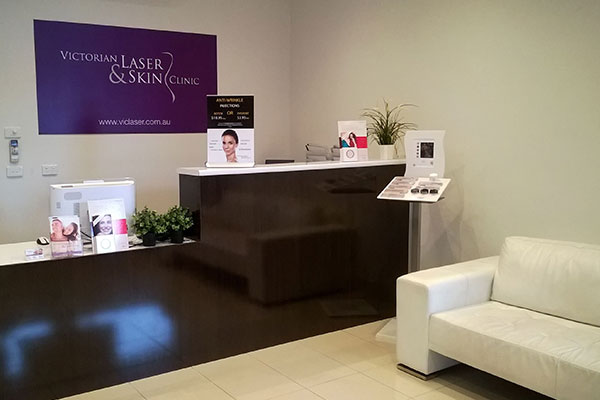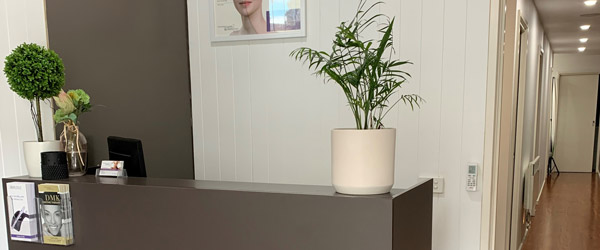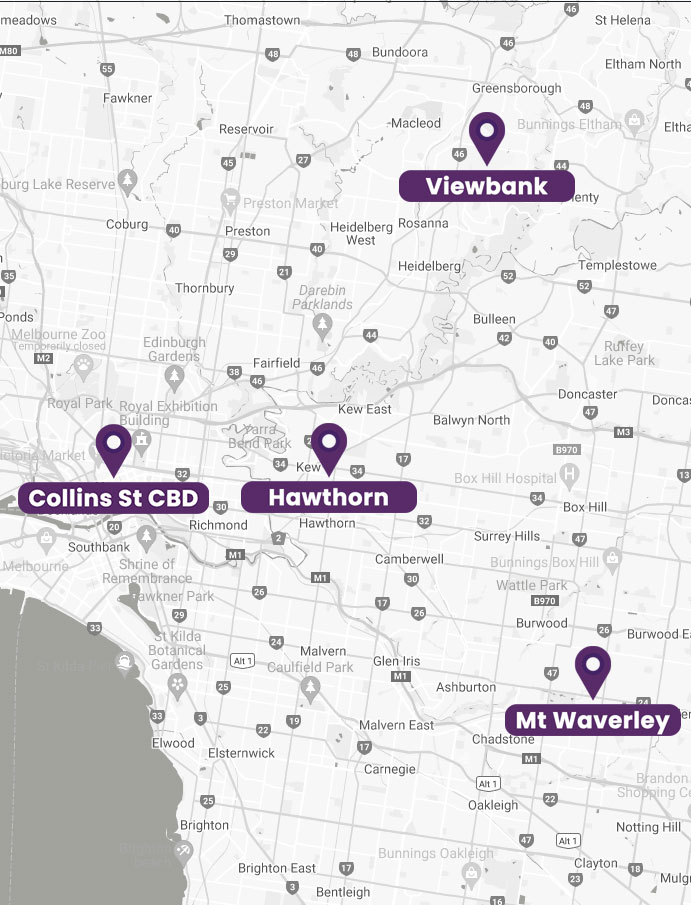Having acne is common. And there are so many ways to prevent and treat acne breakouts that you really needn’t worry about it. But the same cannot be said about acne scars – those unsightly bumps and indentations that stay on till long after the acne has gone, and continue reminding you of the acne that once was. Acne scars can give your face a pockmarked look, which is almost as bad as acne. But before we get to the different methods of acne scar reduction, let us understand what really causes these scars.
Acne scars are not the same as acne marks
When we talk about acne scars, a lot of patients confuse it with acne marks. Here, we would like to clarify that the two are completely different. Acne marks are usually a result of post inflammatory hyper-pigmentation that fade away and normalises over time as skin cells regenerate.
An acne scar, on the other hand, is a deep indentation in the skin, often caused due to picking on pimples. They take a lot longer to remove, and in most cases, require cosmetic intervention.
What causes acne scars, and can they be prevented?
Acne scars are made up of fibrous tissue and are caused when the skin tissue is damaged. These feel different to the touch, and also look different when compared to normal skin.
A lot of acne scars are a result of trying to pick on or squeeze active acne, to remove the pus, excess sebum and dirt. This often ends up being contraindicative, and can damage the inflamed tissue, resulting in scarring.
But not all acne scars are a result of picking at your pimples. Some of these are also caused due to cystic acne, which damage the skin and trigger its natural healing response, which sometimes results in a scar.
What are the different methods of acne scar reduction?
In our earlier post, we spoke about the different types of acne scars, and how each will require a different type of treatment. But as with any health condition, prevention is always better than cure and the same is the case with acne scars. It helps to look at preventing and minimizing the occurrence of scars, by taking measures to control your acne at the earliest. If you can get timely treatment for acne, it will help to prevent further damage to the skin and minimize the chance of developing acne scars.
You could also consult us for over-the-counter retinoid skin products to heal scars. And if the scars persist, here are some of the different acne scar reduction treatments you could consider:
- Cosmetic Peels
If you have shallow acne scars and mild acne marks, then cosmetic skin peels make a great choice. These peels help to exfoliate the top layer of the skin and trigger new cell growth, eventually resulting in more refined and smoother skin over time. We recommend against using any skin peel yourself without consulting with our skin experts, because it is important to select the right type and intensity of skin peel.
- Microdermabrasion
This is a gentle way to exfoliate superficial dead skin cells, unclog pores and stimulate the deeper layers of the skin for triggering new cell growth. This helps lighten existing acne scars, and helps keep new acne away. This treatment is done using a hand held device to discharge ultra-fine aluminium oxide crystals to gently abrade the skin.
- Laser Scar Removal
This is one of the most popular treatments for acne scar reduction and removal today. Depending upon the type of laser used, non-fractional or fractional, this treatment can stimulate collagen production to fill up the scars, as well as trigger cell regeneration to lighten the redness, this resulting in noticeably lighter scars.
At Victorian Laser & Skin Clinic, we are committed to making our clients happier and more confident about the way they look. All of our treatments are carried out by experienced dermal therapists, and have proven effective for stubborn acne scars in the past. If you would look to learn more, feel free to book a free, no-obligation consultation today.



